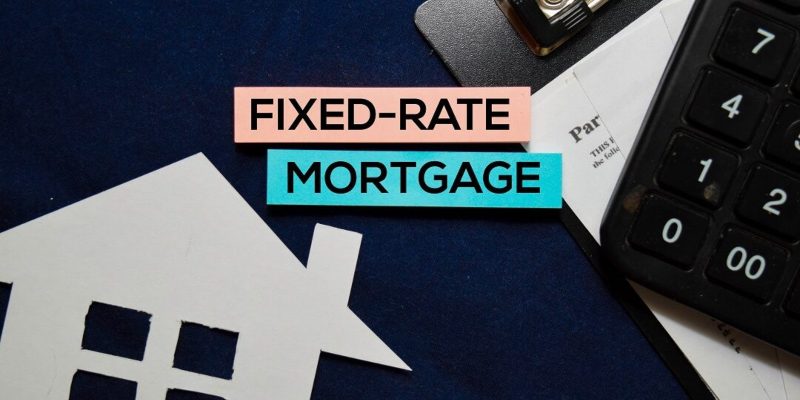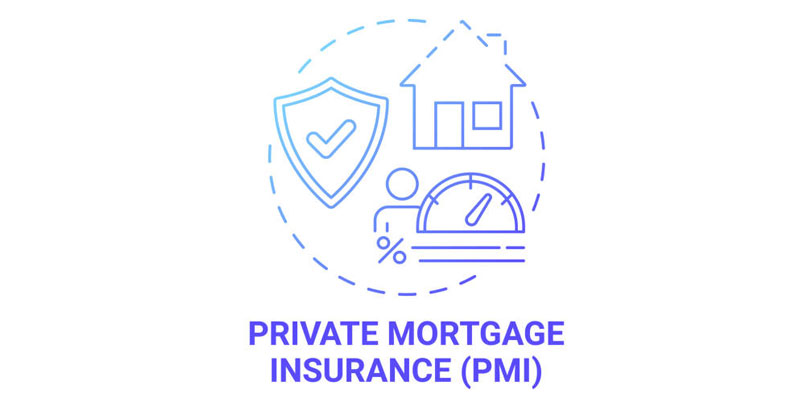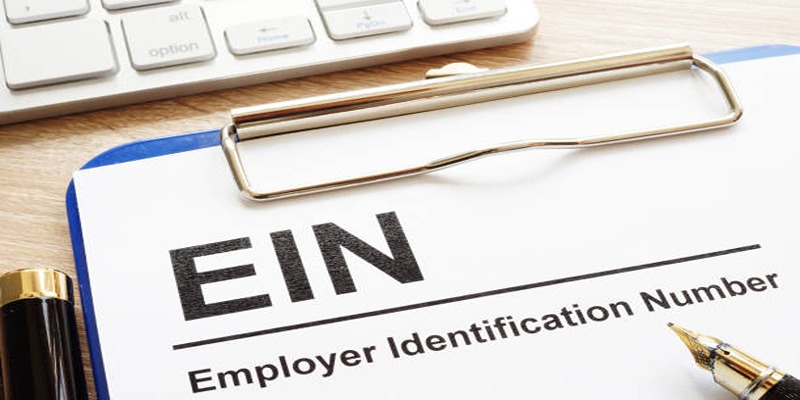Perhaps the largest distinction between business and personal loans is how you can utilize them. For instance, if you take out a business loan, the money you get might be used to cover most of the costs associated with running your business, such as buying supplies, fixing equipment, making payroll, and paying for other operational charges.
On the other hand, personal loans offer more versatility because they can be used not only for specific business expenses but also for more secret purposes that may only be indirect means related to the business. This contrasts with business loans, which can only be used for specific business expenses. For instance, purchasing a home near your place of employment may not be considered a "direct" business cost, but it could help you get more done in the same amount of time.
A Comparative Analysis of Personal Loans and Business Loans
Purpose of the Loan
It is helpful to have access to business loans to pay off business costs like supplies and materials. Personal loans may be used not only for payments linked to personal lifestyle but also for payments related to business costs.
Tax Deduction
Depending on your state's regulations, some qualified business costs may either be free or deductible from taxes. Deductions on taxes are not allowed for personal loans unless in very unusual circumstances.
Term
Personal and business loans are both available with short-term and long-term repayment options in the modern era; however, the repayment period for personal loans is often shorter and may last anywhere from a few months to a few years. On the other hand, the repayment period for business loans might be anywhere from two to even ten to twenty years, depending on the company's sector.
Loan Amount
The sums available for personal loans may vary anywhere from $1,000 to $50,000. The terms and conditions of business loans are even more variable, with certain financial institutions, such as Bank of America, offering loans beginning at $25,000. In contrast, the Small Business Administration (SBA) offers loans ranging from less than $50,000 to as much as $5 million.
Special Considerations
Here are some crucial points to consider when selecting between a personal loan and a loan for your business. Lenders will look at your business credit history if you apply for a business loan; thus, it is essential to have a solid score for your business credit if you want to take advantage of this option. There are a variety of instruments available, both free and for a fee, that may evaluate the eligibility of your business credit score. When you apply for a personal loan, your credit history is also considered.

Before deciding between a personal loan and a loan for your business, you must determine how much money you will need. The maximum amounts that may be borrowed via a business loan are much bigger than personal loans. This allows the lender to give a considerably larger sum. On the other hand, a personal loan might be a more suitable choice for you if you need just a little sum of money to finance a side project or pay for expenses that are only incurred temporarily.
Which of These Is Ideal for Your business?
The financial history of your business, your personal and business credit scores, and your goals for the near-business future terms of your business should all be considered before deciding between personal loans and loans for small businesses and which lender to work with. This can help you develop a more comprehensive picture to understand better the kind of loan most appropriate for your circumstance. The following is a list of frequent business problems, along with the sorts of loans that are proposed to address them:

- Suppose you have an existing business and want to enhance your company's credit score. You should consider applying for a short- to medium-term business loan and then paying it back as promptly as possible. This will help raise your business credit score.
- Suppose your business has a low credit score, but your personal credit score is high. In that case, you may want to consider applying for a personal loan since your personal history of financial responsibility is solid. This will increase your chances of being authorized for larger loans with more favorable conditions.
- Personal loans may be an alternative worth considering if you don't have collateral or don't want to use it as security for loans. This is because most conventional lenders don't demand collateral to provide short-term personal loans.







